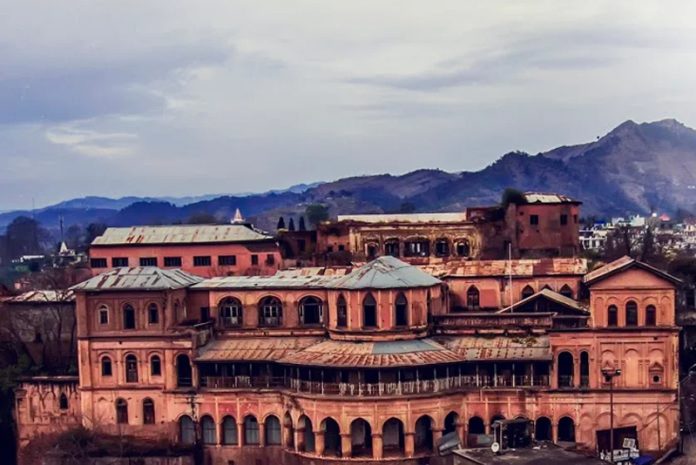The recent strides taken by the Jammu and Kashmir Government to revive and restore local heritage sites across the UT mark a significant and commendable effort towards preserving the region’s rich cultural tapestry. The approval of dozens of projects in the 2nd Executive Committee Meeting of the Society for Revival, Restoration, Preservation, and Maintenance of Heritage is a step in the right direction, aligning with the broader goals of cultural preservation, tourism promotion, and community engagement. From ancient temples and shrines to forts and archaeological sites, these structures are not merely remnants of history but are living testimonials to the collective memory and identity of the people. However, years of neglect, coupled with the adverse effects of natural elements and conflict, have left many of these sites in disrepair. The Government’s initiative to restore these places is not only about physical rehabilitation but also about restoring the pride and continuity of local traditions and histories.
Heritage conservation is as much about preserving the tangible aspects of history as it is about safeguarding the intangible cultural narratives and practices associated with these sites. By involving local communities and considering their aspirations, the administration ensures that the restoration efforts are meaningful and resonate with the people’s sense of belonging and identity. The diverse range of projects approved, the Poonch Fort, the Baldev Ji Temple in Jammu, the Neolithic site at Gufkral Tral, and the ancient mint at Basholi, reflect a holistic approach to heritage conservation. Each of these sites holds unique significance, contributing to the cultural mosaic of the region. Their revival will not only enhance the aesthetic and historical appeal of Jammu and Kashmir but will also catalyse tourism, fostering economic growth and community development. Moreover, the inclusion of religious sites is crucial for promoting peace and unity in a region that has witnessed its share of strife. As these projects progress, they will undoubtedly contribute to a renewed sense of pride among the people, fostering a deeper connection with their history and heritage.
Trending Now
E-Paper


